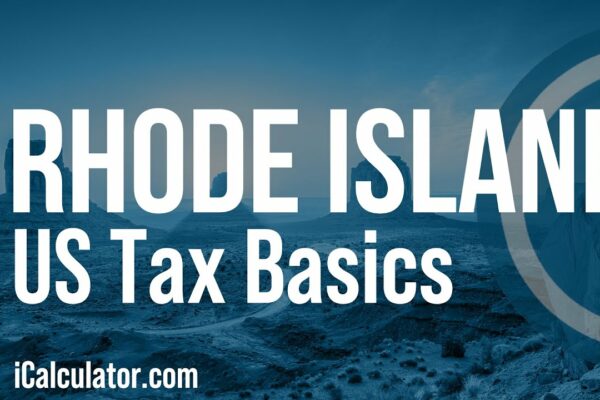
What was the process through which Rhode Island became a state?
Rhode Island’s journey to statehood was a complex and arduous process. Initially, it resisted joining the newly formed United States, fearing the loss of its cherished independence. However, continuous pressure and negotiations eventually led to its ratification of the Constitution in 1790, making it the 13th state. This milestone marked the culmination of a series of debates, compromises, and diplomatic efforts that shaped Rhode Island’s path to statehood.



